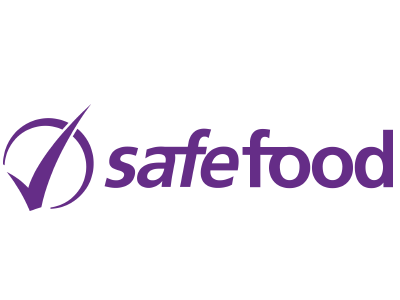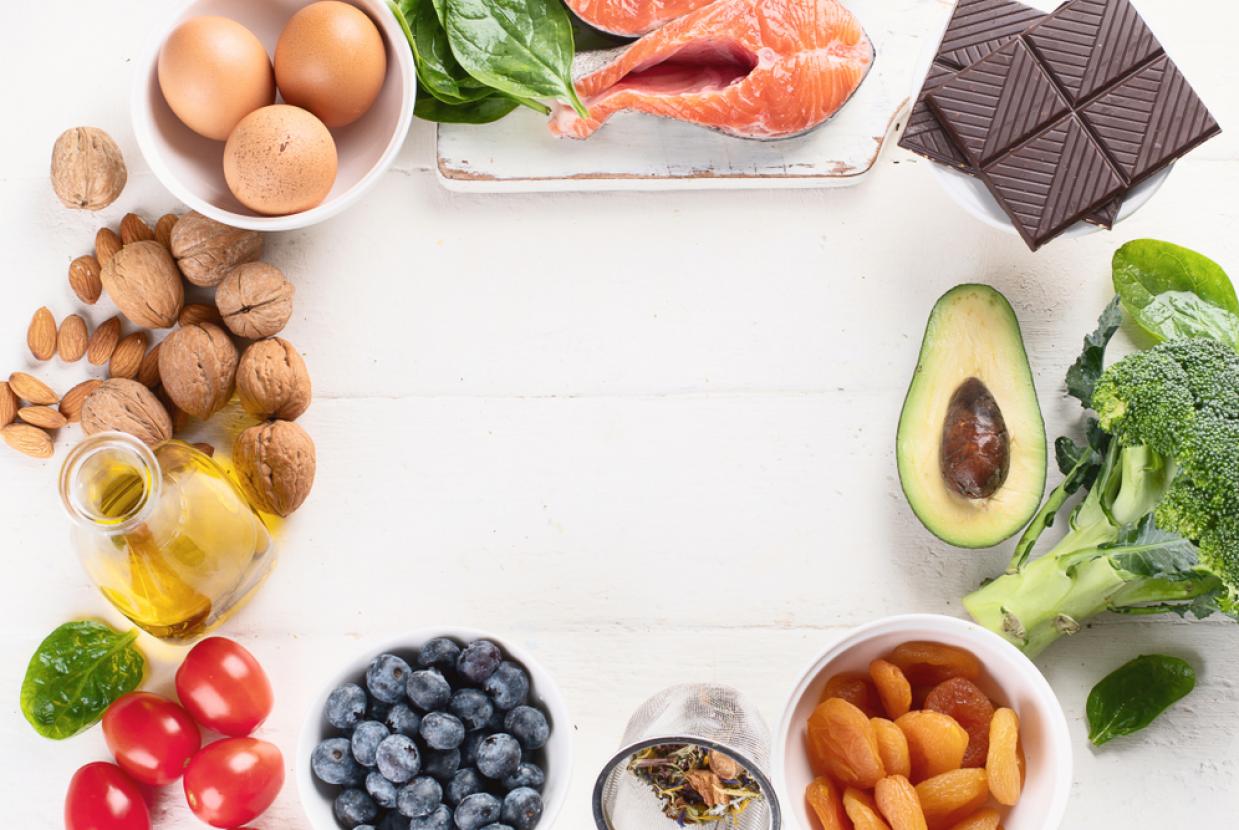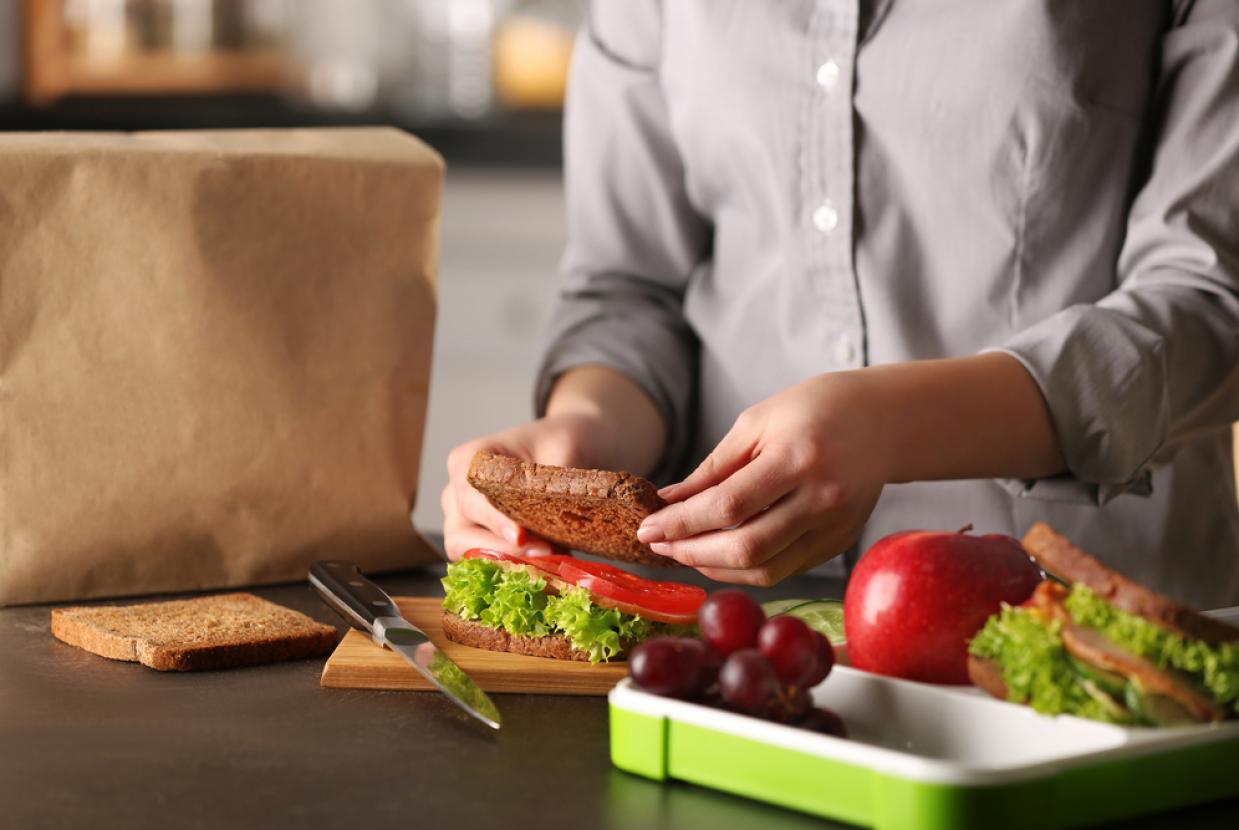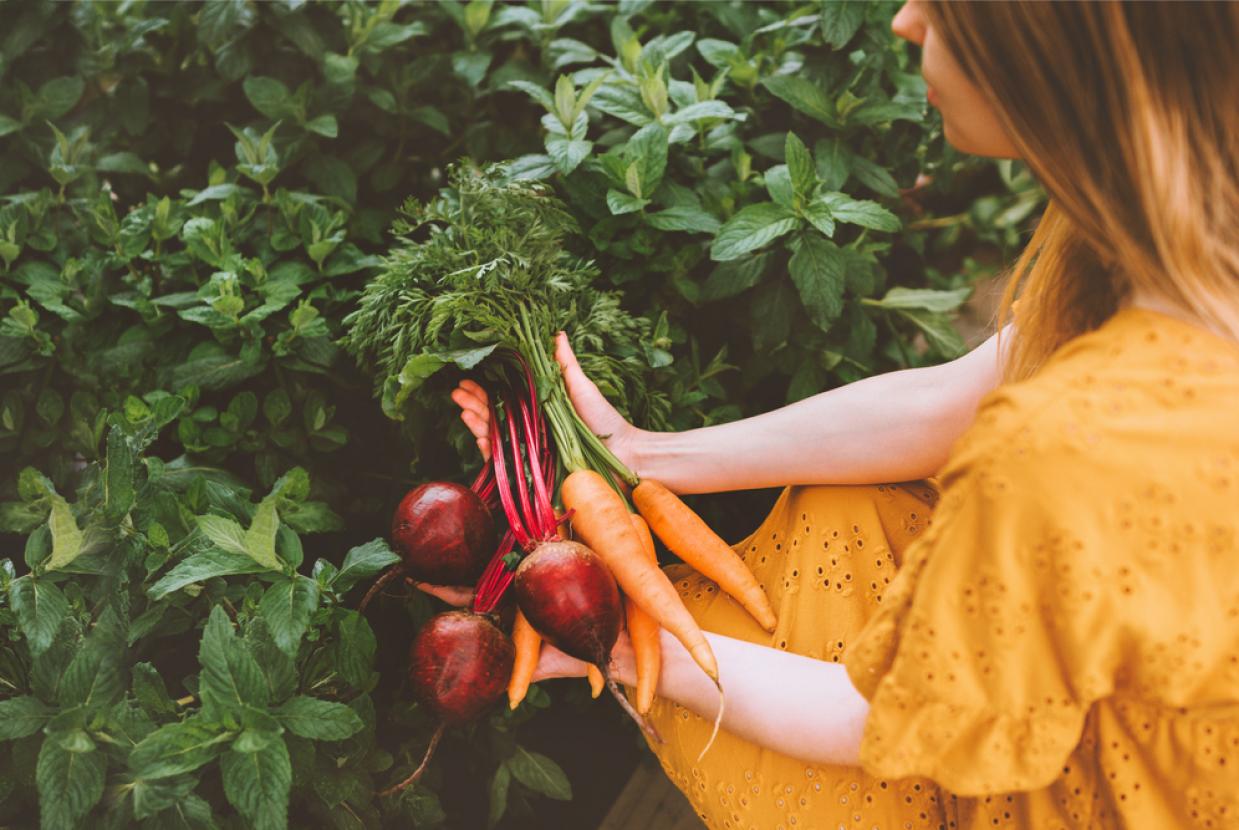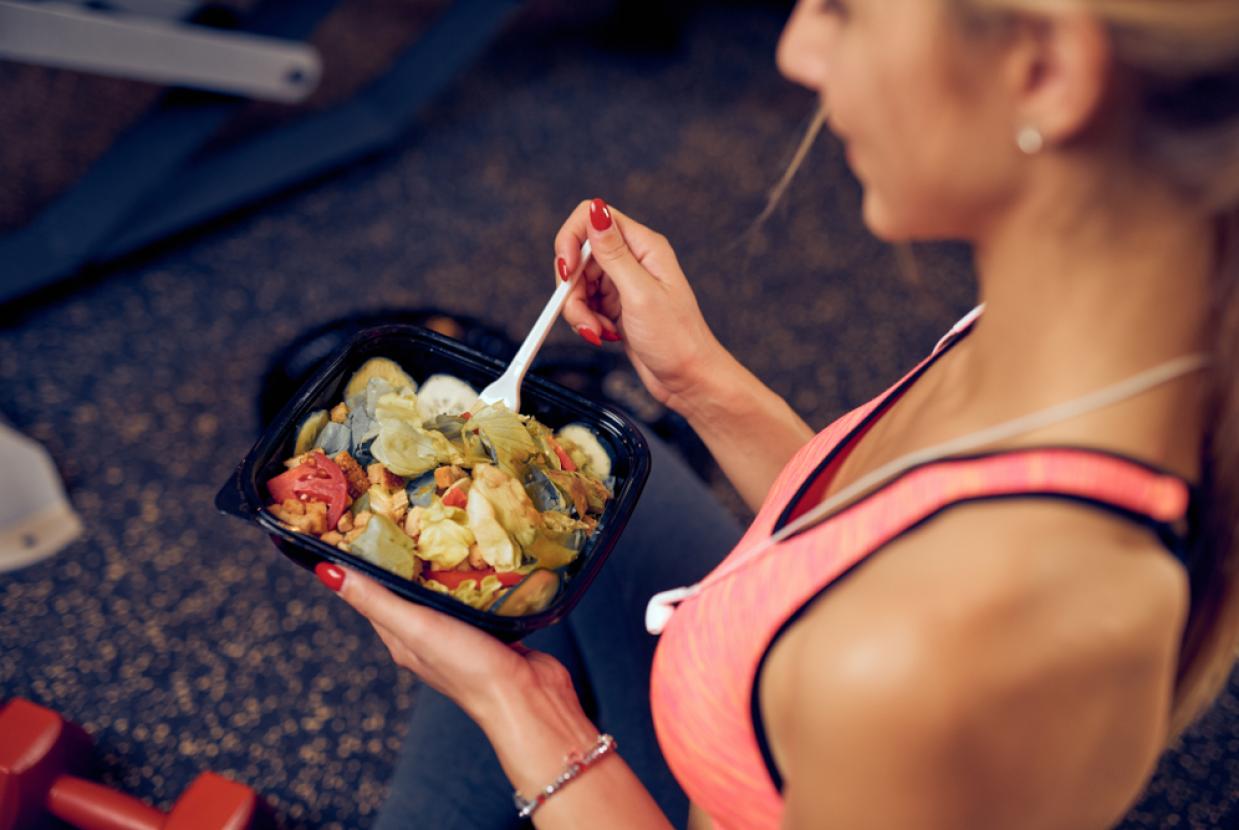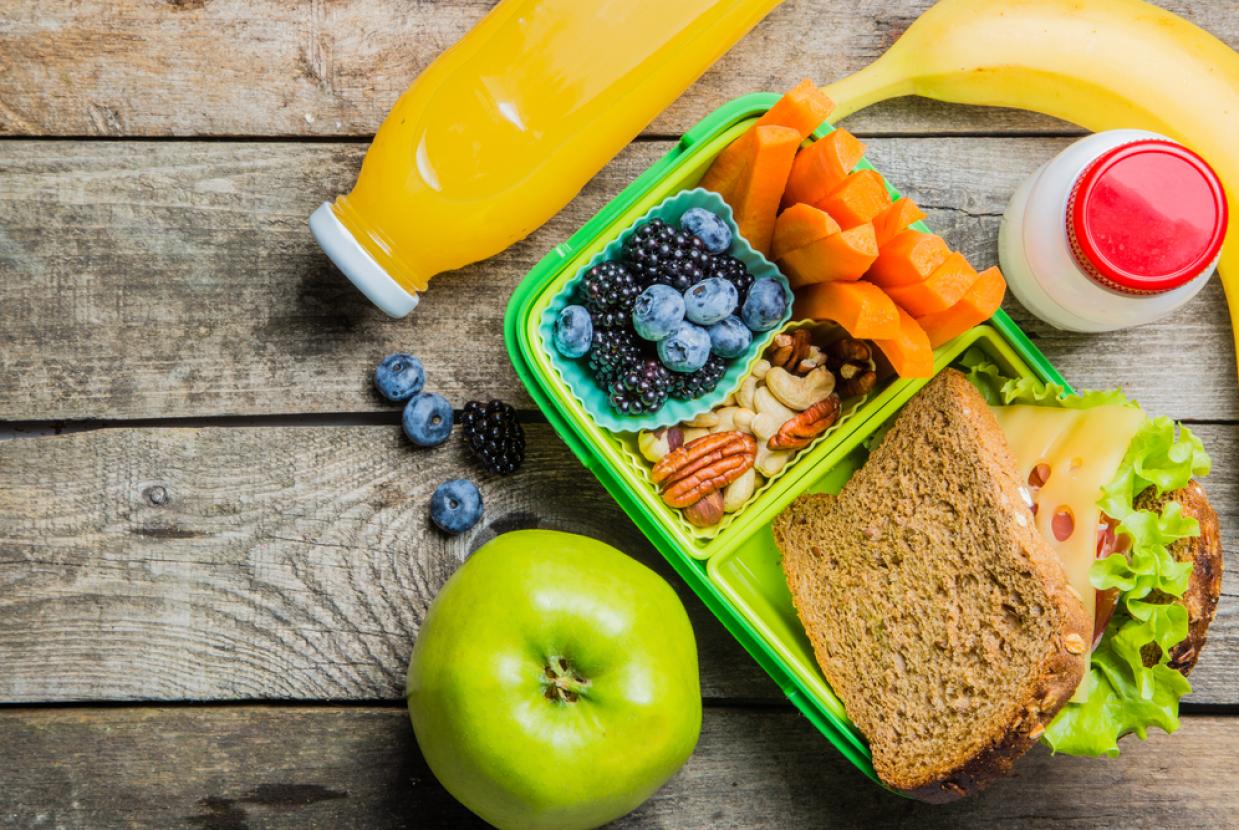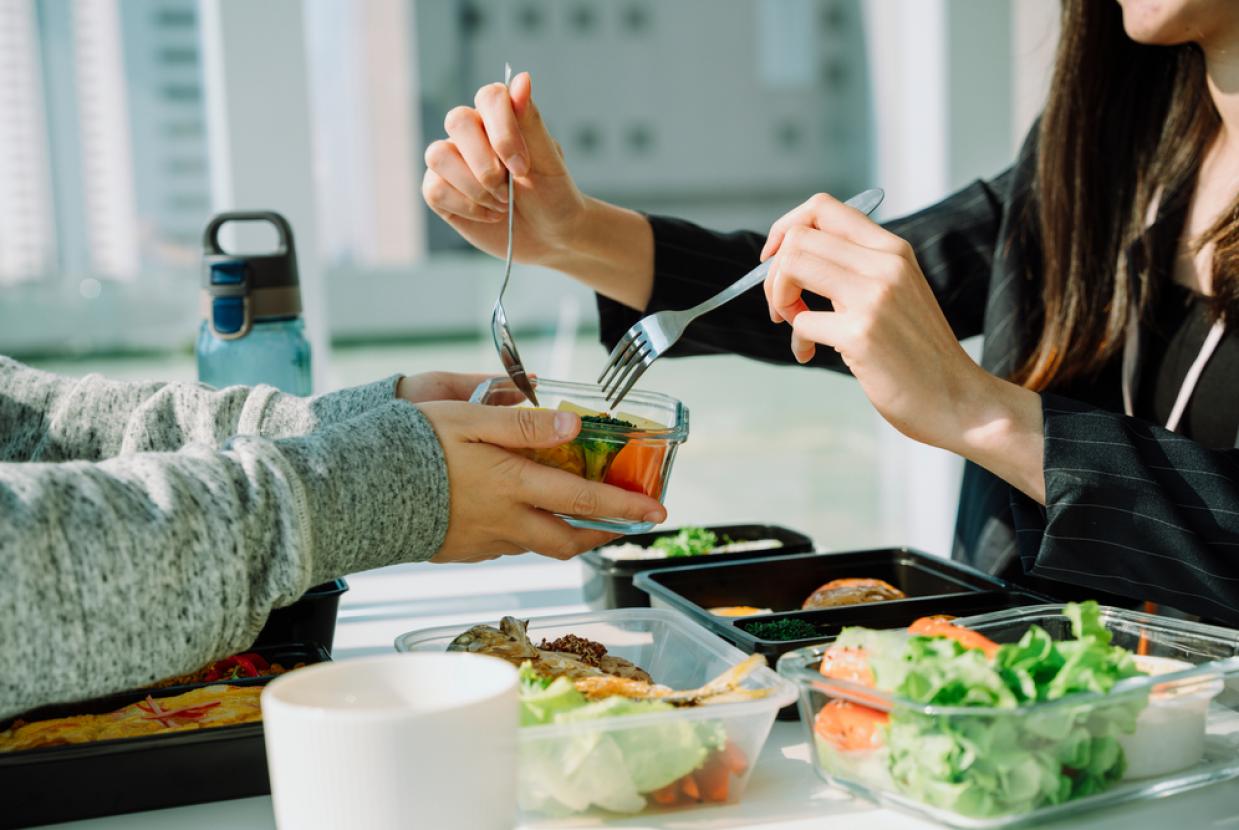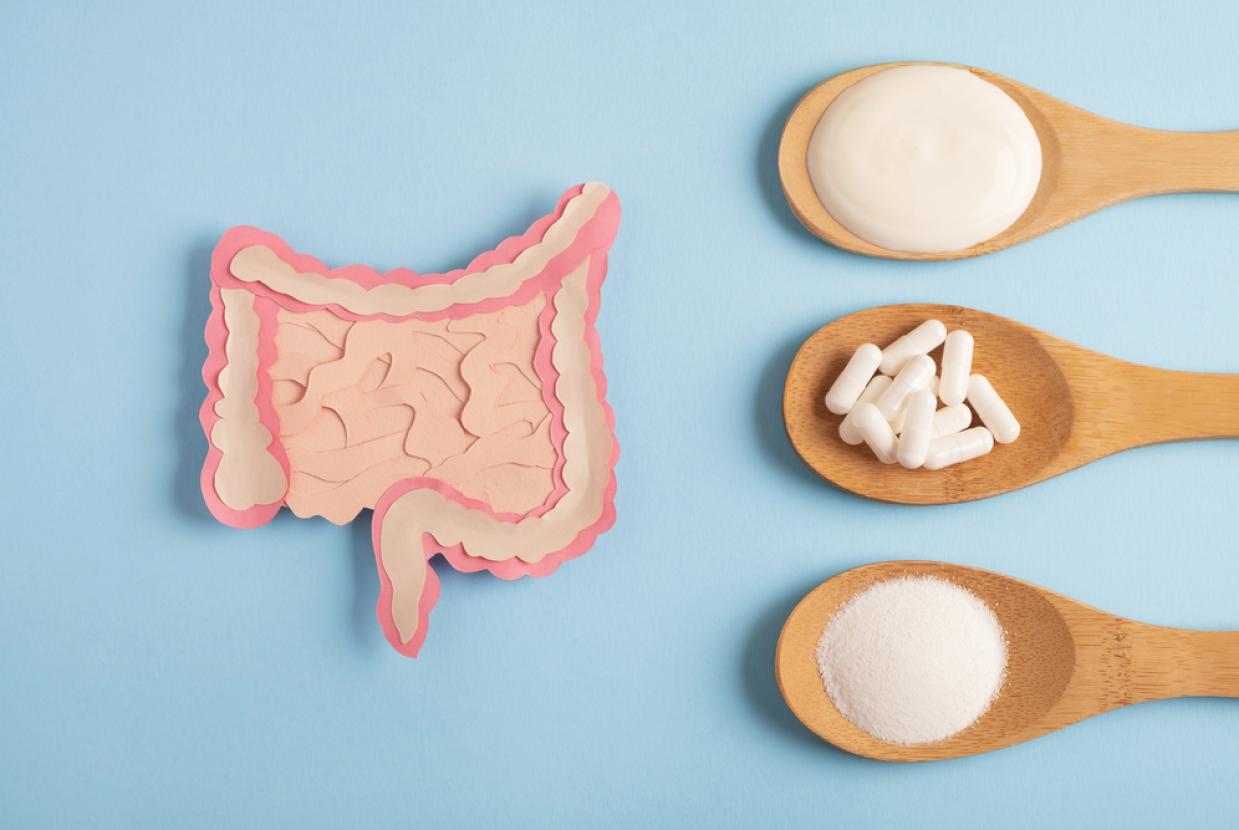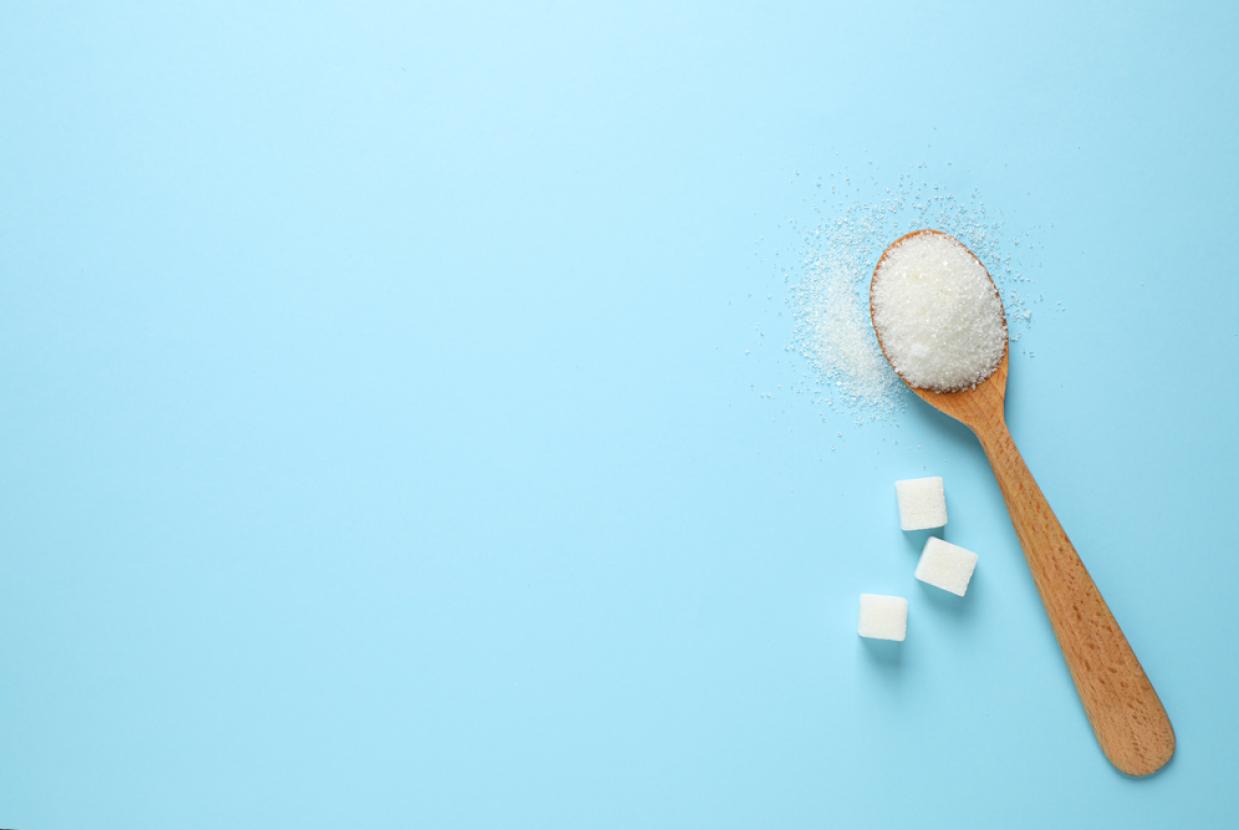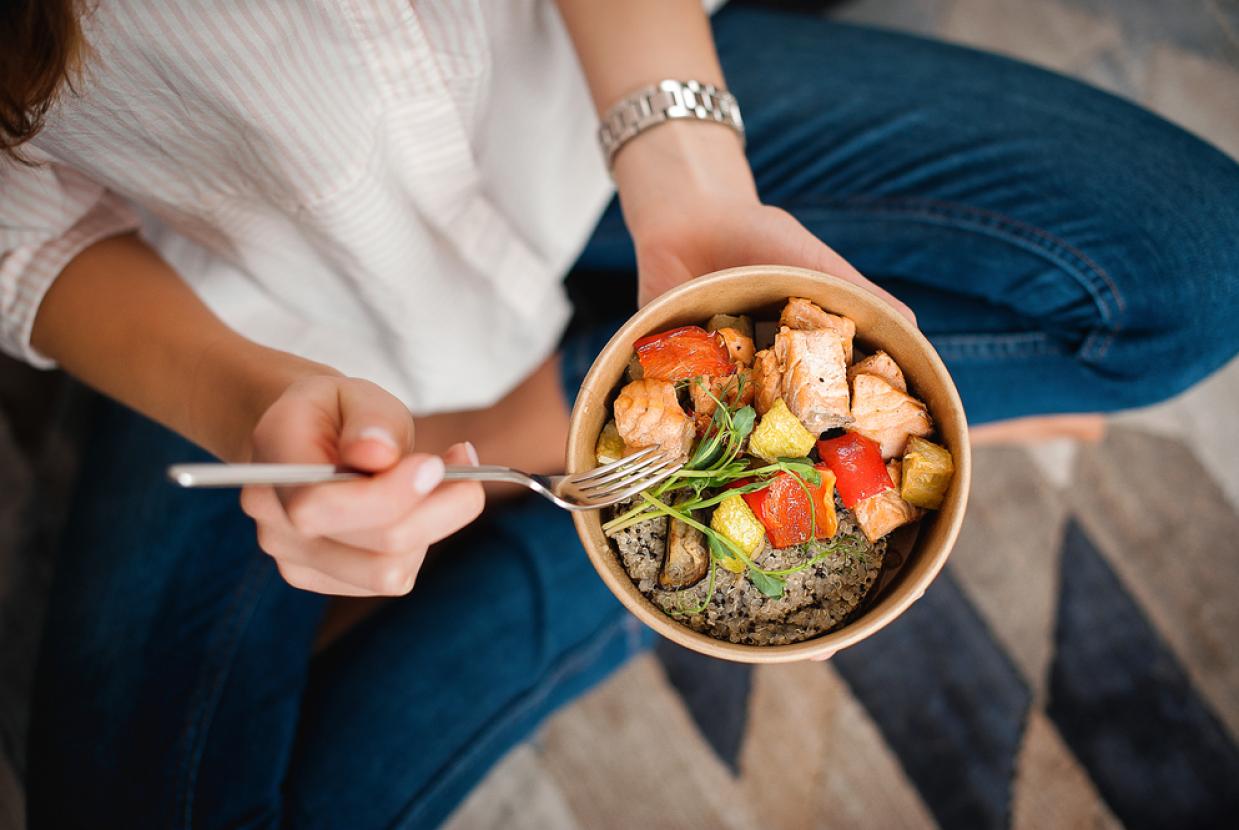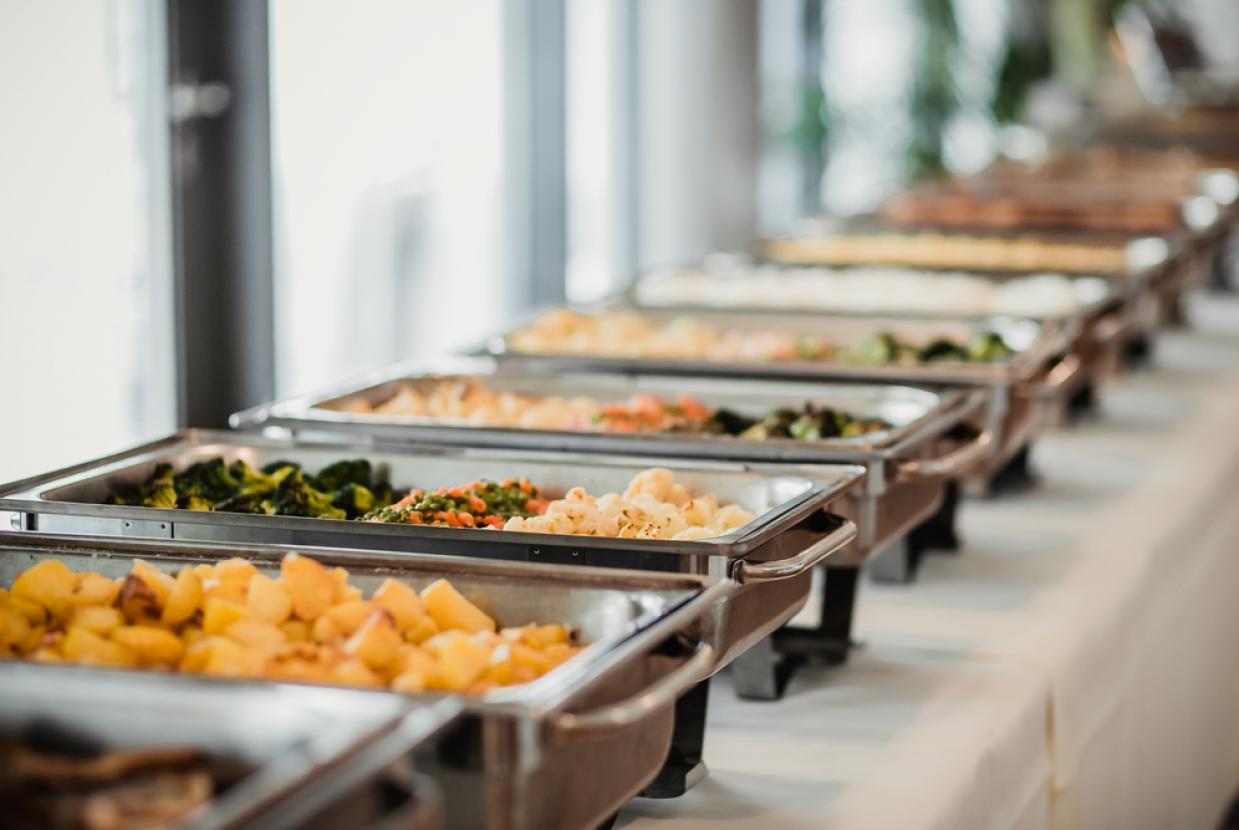The Truth About Protein
Healthy DietImportant for healthy muscles and bones and maintaining a healthy, functioning body, protein is a vital part of our diet.
With so much talk about protein fads, products and trends, it can be easy to get lost in the noise and grow unsure of what advice to follow. We’ve gathered the most common myths around protein, and exposed the truth on these misconceptions.
MYTH: You need a high protein diet
REALITY: 2 daily servings of meat, poultry, fish, eggs, beans or nuts is all you need
We hear a lot of chat around needing a “high protein diet” these days. The reality is that most people are consuming more than enough protein as it is – you don’t need to follow a high protein diet.
The recommended consumption for a balanced diet is 2 servings of food containing protein a day. This can include:
- lean meat or poultry
- fresh, frozen or tinned fish
- eggs
- pulses such as beans, peas and lentils
- unsalted nuts
- tofu
MYTH: Protein bars are a healthy protein snack
REALITY: They are often high in sugar, salt or fat
Protein snacks, especially protein bars, are widely advertised and marketed in our local shops, so it can seem as though they are a healthy, quick source of protein to add to your diet.
However, the reality is that these protein bars are often high in sugar, salt or fat – so they should be considered a treat, not a snack. The best healthy (and inexpensive) protein snacks are unsalted nuts, milk or yoghurt.
MYTH: Extra protein is needed for fitness
REALITY: A balanced diet has enough protein
It’s a common belief that if you are working out, you need to “bulk up” on extra protein but this is misleading. While protein is needed for muscle growth and repair, a balanced diet will provide most people with all the protein they need. So remember to eat your two servings of protein a day.
Finally, it’s a MYTH that you need to spend money on expensive cuts of meat, or on pricey protein supplements! You can get all the protein you need from a variety of everyday food sources.
3 economical ways to get your protein in
- Lean, cheaper cuts of meat or poultry
- Frozen or tinned meat, poultry or fish
- Pulses and beans
Read more about including protein in your diet.


